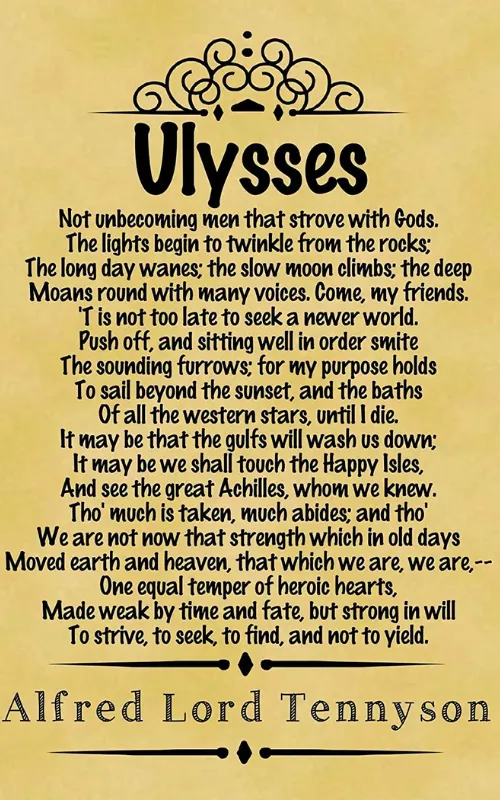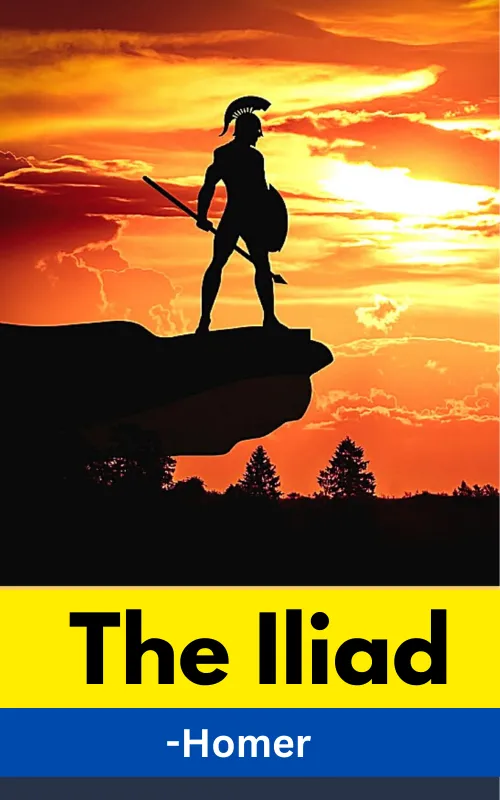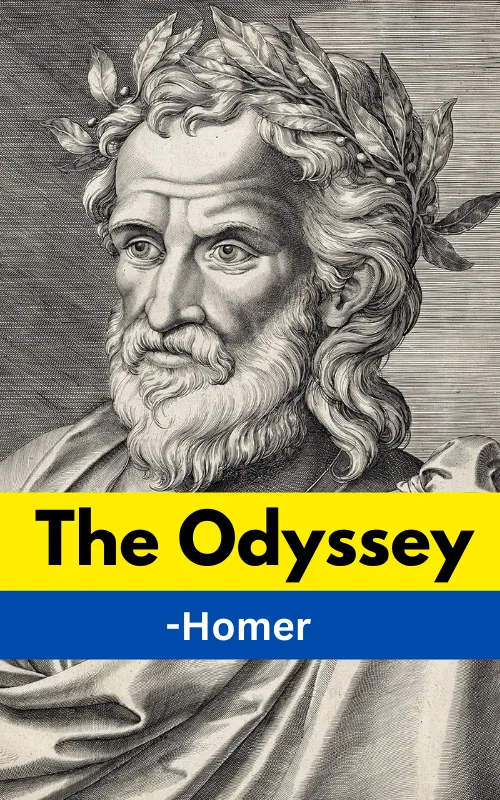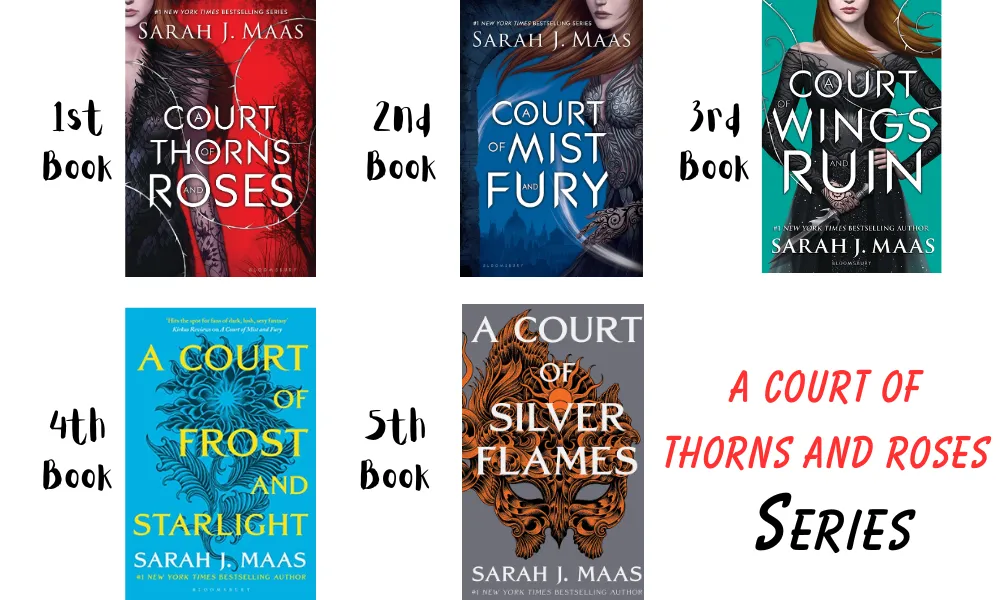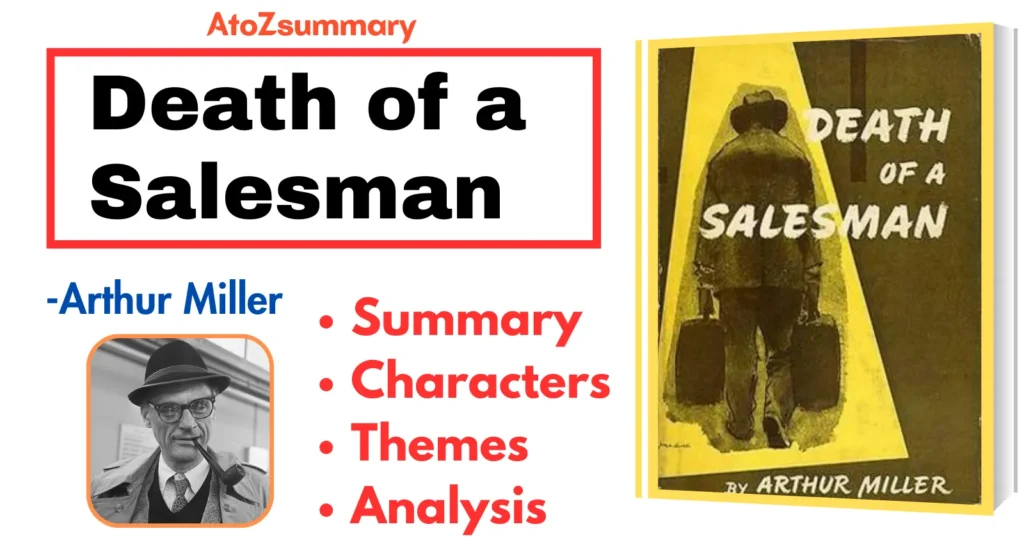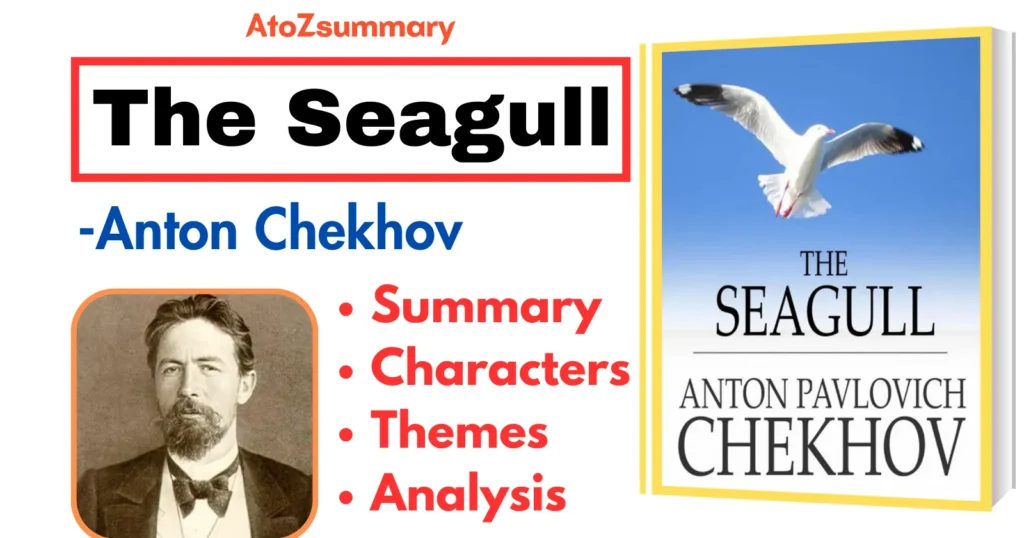About the Poem: Ulysses
| Title | Ulysses |
| Author | Alfred, Lord Tennyson |
| Date of Composition | Written in 1833, published in 1842 |
| Type of poem | Dramatic monologue |
| Genre | Dramatic monologue |
| Setting | Ithaca, after Ulysses’ return from the Trojan War |
| Themes | Exploration, adventure, aging, legacy |
| Structure | 70 lines, divided into four stanzas |
| Rhyme Scheme | Blank verse (unrhymed iambic pentameter) |
| Language | Eloquent and reflective, often metaphoric |
| Tone | Heroic, determined, nostalgic |
| Structure | Blank verse |
Themes: Ulysses
The themes of “Ulysses” by Alfred, Lord Tennyson are:
- Quest for Adventure ➤ The poem explores Ulysses’ desire for new experiences and adventures even in old age.
- Restlessness ➤ Ulysses represents the human restlessness and the need to keep striving for more, even after achieving great things.
- Legacy ➤ The poem addresses the idea of leaving a lasting mark on the world and the desire for one’s actions to be remembered.
- Determination ➤ It emphasizes the determination and indomitable spirit of the human character, always seeking new challenges and horizons.
Ulysses Poem
It little profits that an idle king,
By this still hearth, among these barren crags,
Match’d with an aged wife, I mete and dole
Unequal laws unto a savage race,
That hoard, and sleep, and feed, and know not me.
I cannot rest from travel: I will drink
Life to the lees: All times I have enjoy’d
Greatly, have suffer’d greatly, both with those
That loved me, and alone, on shore, and when
Thro’ scudding drifts the rainy Hyades
Vext the dim sea: I am become a name;
For always roaming with a hungry heart
Much have I seen and known; cities of men
And manners, climates, councils, governments,
Myself not least, but honour’d of them all;
And drunk delight of battle with my peers,
Far on the ringing plains of windy Troy.
I am a part of all that I have met;
Yet all experience is an arch wherethro’
Gleams that untravell’d world whose margin fades
For ever and forever when I move.
How dull it is to pause, to make an end,
To rust unburnish’d, not to shine in use!
As tho’ to breathe were life! Life piled on life
Were all too little, and of one to me
Little remains: but every hour is saved
From that eternal silence, something more,
A bringer of new things; and vile it were
For some three suns to store and hoard myself,
And this gray spirit yearning in desire
To follow knowledge like a sinking star,
Beyond the utmost bound of human thought.
This is my son, mine own Telemachus,
To whom I leave the sceptre and the isle,
Well-loved of me, discerning to fulfil
This labour, by slow prudence to make mild
A rugged people, and thro’ soft degrees
Subdue them to the useful and the good.
Most blameless is he, centred in the sphere
Of common duties, decent not to fail
In offices of tenderness, and pay
Meet adoration to my household gods,
When I am gone. He works his work, I mine.
There lies the port; the vessel puffs her sail:
There gloom the dark, broad seas. My mariners,
Souls that have toil’d, and wrought, and thought with me
That ever with a frolic welcome took
The thunder and the sunshine, and opposed
Free hearts, free foreheads-you and I are old;
Old age hath yet his honour and his toil;
Death closes all: but something ere the end,
Some work of noble note, may yet be done,
Not unbecoming men that strove with Gods.
The lights begin to twinkle from the rocks:
The long day wanes: the slow moon climbs: the deep
Moans round with many voices. Come, my friends,
‘T is not too late to seek a newer world.
Push off, and sitting well in order smite
The sounding furrows; for my purpose holds
To sail beyond the sunset, and the baths
Of all the western stars, until I die.
It may be that the gulfs will wash us down:
It may be we shall touch the Happy Isles,
And see the great Achilles, whom we knew.
Tho’ much is taken, much abides; and tho’
We are not now that strength which in old days
Moved earth and heaven, that which we are, we are;
One equal temper of heroic hearts,
Made weak by time and fate, but strong in will
To strive, to seek, to find, and not to yield.
Ulysses Summary & Analysis
Ulysses by Alfred, Lord Tennyson is a dramatic monologue in which the Greek hero Ulysses expresses his dissatisfaction with his current life as king of Ithaca and his longing for one final adventure before he dies.
Stanza 1
In the opening stanza, Ulysses (the hero of Homer’s “Odyssey”) speaks of his weariness. He has returned home to Ithaca after his long journey and adventures, and he is no longer content with a quiet life as a king. He expresses his restlessness and his desire for new experiences and adventures. He is unwilling to rest and be idle in his old age.
Stanza 2
Ulysses reflects on his past glories and the challenges he and his men faced during their travels. He speaks of how they were “made weak by time and fate,” but they continued to strive and push forward. He believes that it is the pursuit of goals and the journey itself that gives life meaning, not the attainment of those goals.
Stanza 3
Ulysses acknowledges the responsibilities of his position as a king and a ruler, which he has been neglecting. He mentions his son Telemachus, whom he hopes will become a worthy successor. However, he also expresses his desire to set sail once more with his mariners and explore the unknown.
Stanza 4
In the final stanza, Ulysses conveys his unwavering determination and resolve. He declares that he will not be tamed by old age or domestic life. He sees himself as a part of nature and the universe, and he longs to keep seeking new experiences, to “strive, to seek, to find, and not to yield.”
FAQs: Ulysses
What is the story of Ulysses about?
The story of Ulysses is about an old hero who longs for one final adventure before he dies.
What is Ulysses famous for?
Ulysses is famous for his desire for adventure and knowledge, and his refusal to give up on his dreams.
Who is the hero of Ulysses?
The hero of Ulysses is Ulysses himself, a Greek hero from Homer’s Odyssey.
Why is the poem called Ulysses?
The poem is called Ulysses because it is a dramatic monologue spoken by the character of Ulysses, the Greek hero from Homer’s Odyssey.
What is Ulysses also known as?
Ulysses is also known as Odysseus.
Why should I read Ulysses?
You should read Ulysses to be inspired to live your life to the fullest and never give up on your dreams.
Why is Ulysses such a hard read?
Ulysses is a hard read because it is a complex and philosophical poem that explores themes such as the meaning of life, the aging process, and the pursuit of knowledge.

